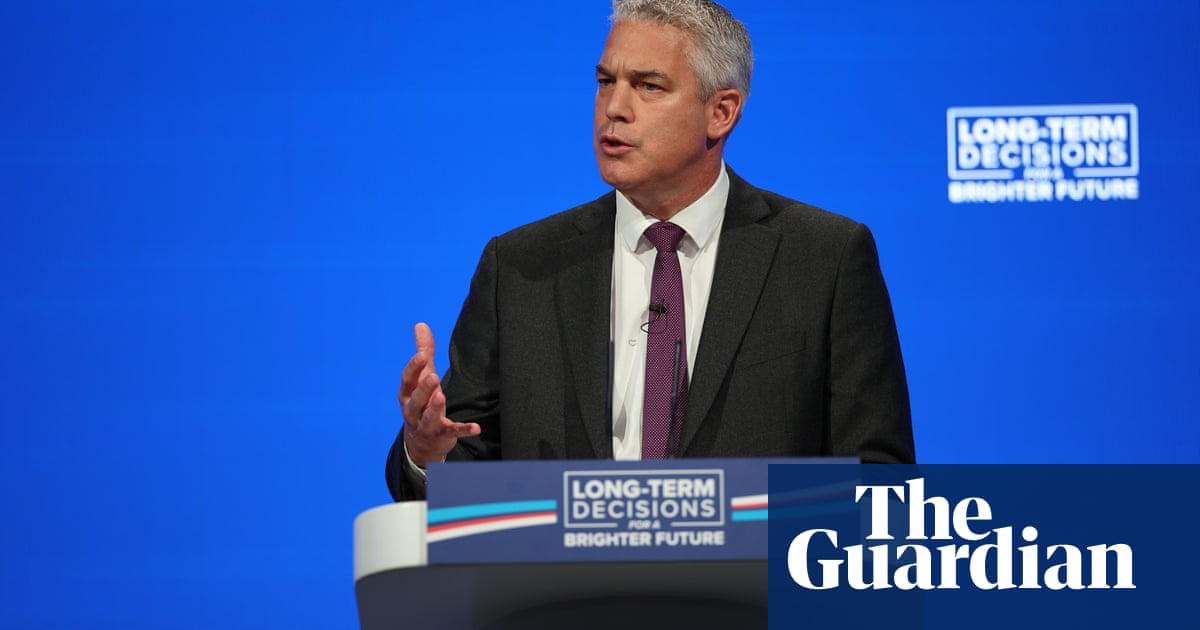
England’s higher education regulator is to press ahead with its plans to temporarily ban universities using “conditional unconditional” offers amid concerns they have been used to pressure students into accepting places.
The offers, which are not dependent on a student’s exam results, are conditional on an applicant accepting the university as their sole choice. They are seen as potentially predatory behaviour, forcing students to make a choice from among one of the five universities they have applied to study as an undergraduate.
The use of conditional unconditional offers has risen rapidly in recent years but appear to have reached a peak earlier this year as the coronavirus lockdown raised fears about university finances and student numbers ahead of the academic year starting in September.
The Office for Students said it would impose a new condition on universities “to ensure the stability and integrity of the English higher education sector”, threatening fines of up to £500,000 or more for the unwarranted use of unconditional offers that are conditional on an applicant accepting it as their sole choice.
About 30,000 conditional unconditional offers are thought to have been made by universities in England before the government issued a moratorium on their use or the use of other incentives in late March.
But the OfS’s new condition will not be applied retrospectively, meaning that the estimated 30,000 such offers earlier this year will still stand. The regulator also pulled back from its efforts to curb all types of unconditional offer, which are given regardless of exam results.
“Students can also be reassured that they should not expect to have any offers that they have already received withdrawn, and where there are good reasons for them to receive an unconditional or contextual offer in future, there is no reason that this cannot go ahead,” said Nicola Dandridge, the OfS’s chief executive.
“This condition is designed to avoid instability during the current uncertainty, and to protect students and the higher education sector in these extraordinary circumstances: it will not continue past September 2021. This should allay concerns that we wanted to extend our powers permanently, which we have no intention of doing.”
But Michelle Donelan, the universities minister, suggested the ban could last longer. “There is no justification for conditional unconditional offers and I welcome the strong action against these potentially damaging practices while the sector navigates this uncertain period, and hope to see this continue beyond 2021,” she said in statement.
The National Union of Students supported the temporary ban, saying that “current applicants have less access to information, advice and guidance than students in previous years”.
But the University and College Union said a better solution would be for applicants to only apply after receiving their exam results.
“It is time we joined the rest of the world and moved to post-qualification admissions system, where students receive offers after their results. It would eradicate the problems associated with unconditional offers, end the gamble of predicted grades and be much fairer for students,” said Jo Grady, the UCU’s general secretary.
The Department for Education is currently considering a move to post-qualification admissions, according to leaked proposals that modelled changes to the academic year to give more time for the admissions process.












